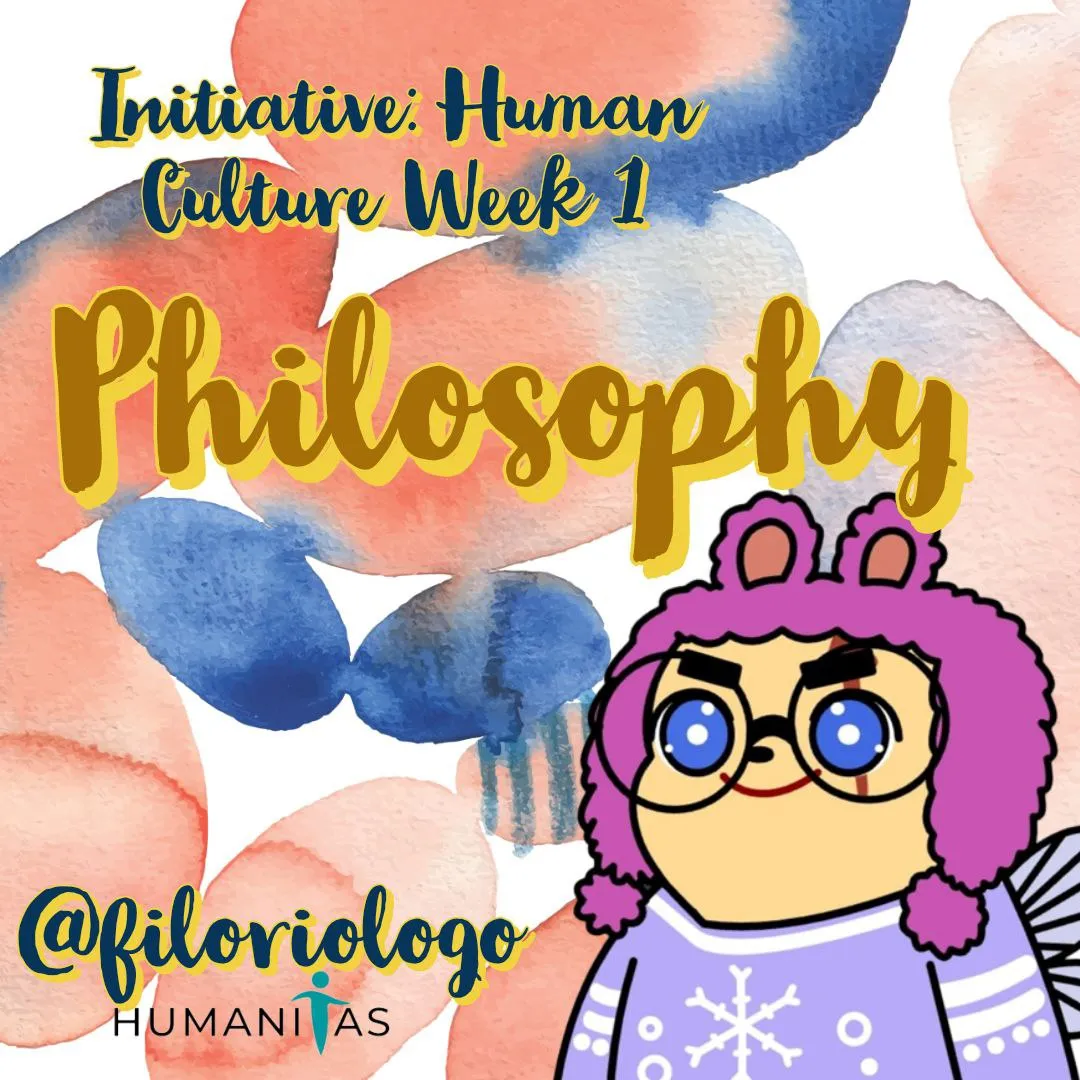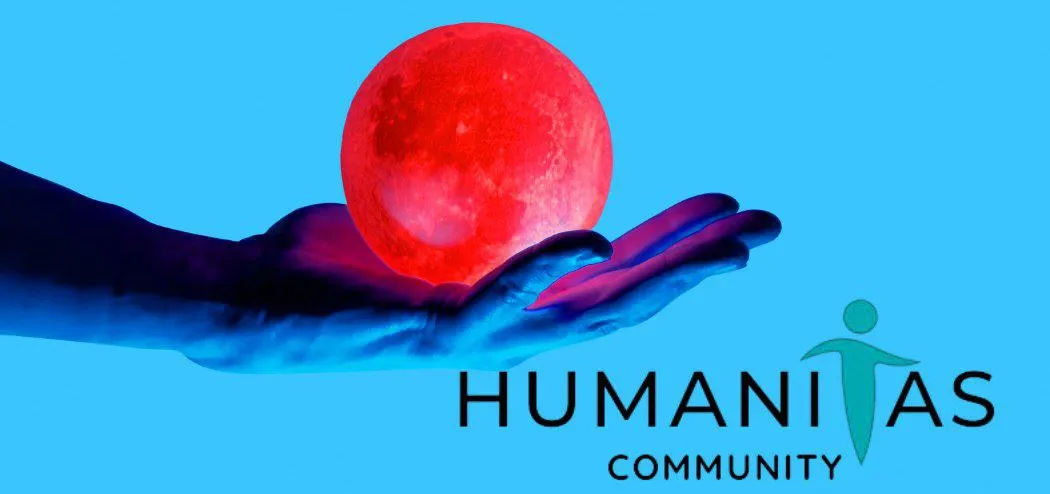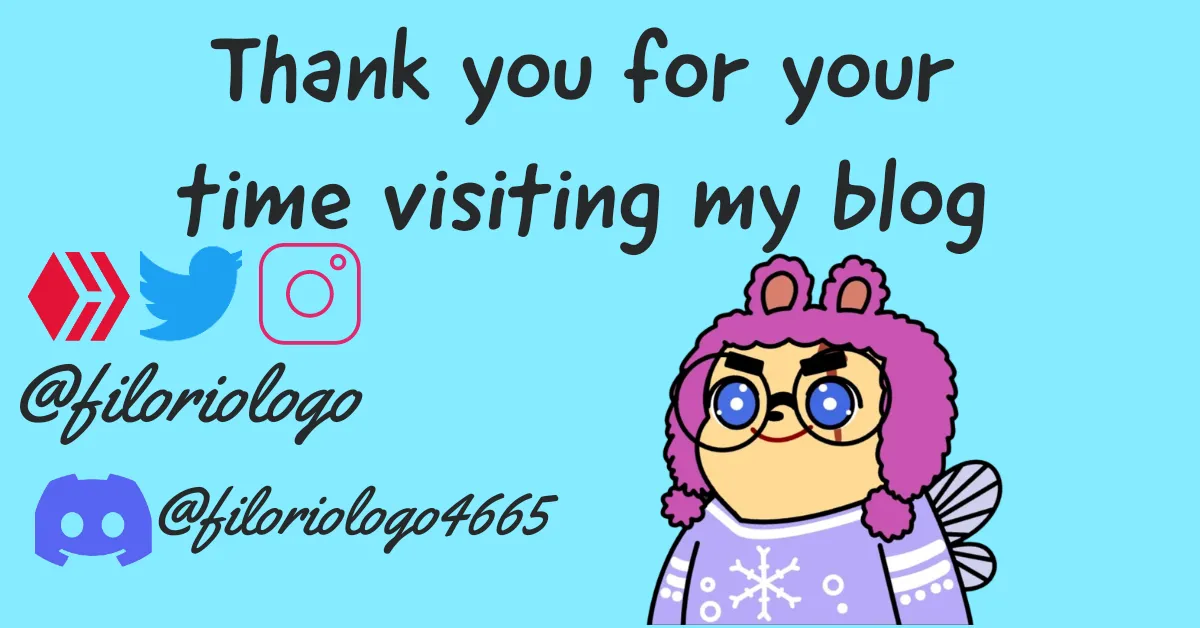
Greetings friends of Hive, I would like to start the week by joining the initiative that the members of the team that leads the #Humanitas community have thought of and promoted. Click here if you want more details about this new weekly dynamic that we have started in the humanitas community, a community that aims to be the repository of humanistic content within the blockchain.
So without further ado, we begin the dynamic by proposing a phrase for your reflection. It is a phrase from Marty Rubin that reads:
"The existence of things does not depend on the existence of words."
The gnoseological and metaphysical tone of the phrase is evident, and although hundreds of questions can be derived from this phrase, the initiative we have proposed invites us to approach this phrase from our perspective. What does it imply? Can we agree or disagree?
Since the Athenian polis in the times of Plato and Aristotle this topic has been an epicenter of deep philosophical reflections, and basically I can say that we are either Platonists or Aristotelians when it comes to conceiving this matter. Let us formulate Rubin's sentence in another way, let us think of the sentence in this way, do the things that exist tell me their name or do I give them to them by means of language?
Before proceeding, I will propose a practical example to focus our imagination a little, and be a little less abstract. Let us imagine a chair, The chair is a chair because I consider it to be a chair (Aristotelianism), or the chair is a chair because it tries to replicate the form of a chair (Plato). For Plato, what is in the world is a mere replica of what exists in the suprasensible world of forms.
If we agree with a Platonic point of view we must affirm that the things that are in the world are limited and imperfect existents, because the perfect would be the form of chair, or silliness. Just as what is just possesses something of the form of justice that inhabits the suprasensible world. Now, if we are Aristotelians in this matter, it is we human beings who give name, meaning and finality to the things that exist, and it is obvious that we do so by means of language, and only in this case, what exists exists exists in relation to words (language).
Perhaps you are about to reply to me, that a dog exists independently of the word dog, and yes, that is true. Things will not cease to exist because they lack a name. A mountain will always be a mountain, regardless of its name. But my point is, and this is where I want to get to because this is what I think about the phrase, language is something merely human and we use it to make sense of what is there. With words we seek to explain the world to ourselves, to give it a horizon of meaning, that is to say, the human being is the only being that introduces historicity to nature, and only in that aspect what exists depends on language, because we give reason for this or that, otherwise everything that happens is random, a mere occurrence.
And to make my point more graphic I will give a bloody example, dear reader imagine for a brief moment a natural disaster, for example the eruption of Mount Vesuvius in the year 79, which destroyed the ancient city of Pompeii. It was a tragedy, now let's imagine that the city of Pompeii had not existed. Would the eruption have been considered a tragedy? I don't think so, if the eruption had not caused any human loss, perhaps it would have gone down in history as a natural event, a geological phenomenon, nothing more. I don't know if I am making my point clearly.
That things exist does not depend on the words that designate them as "this" or "that", things exist or not, but, only by giving them a name, we give them meaning, importance for us and at that point their existence is charged with meaning, or in other words a new existence begins. So only at that point, a human point of view things exist thanks to words.
In conclusion, I only partly agree with the phrase that we have proposed for the first week of the Humanitas community initiative. We encourage you to participate, you still have time.
Thanks for reading

Iniciativa: Cultura Humana Semana 1: Filosofía por @filoriologo

VERSIÓN EN ESPAÑOL
Saludos amigos de Hive, me gustaría comenzar la semana uniendome a la iniciativa que hemos pensado y promocionado los miembros del equipo que lidera la comunidad #Humanitas. Pincha aquí si deseas más detalles sobre esta nueva dinamica semanal que hemos comenzado en la comunidad humanitas, comunidad que pretende ser el respositorio de contenido humanístico dentro de la blockchain.
Así que sin más preámbulo, comenzamos la dinámica proponiendo una frase para su reflexión. Se trata de una frase de Marty Rubin que dice:
“La existencia de las cosas no depende de la existencia de las palabras”
Es evidente el tono gnoseológico y metafísico de la frase, y aunque se pueda desprender de dicha frase cientos de preguntas, la iniciativa que hemos propuesto nos invita a abordar desde nuestra perspectiva esta frase. ¿Qué implica? ¿Podemos estar de acuerdo o no?
Desde la polis ateniense en tiempos de Platón y Aristóteles este tema ha sido un epicentro de profundas reflexiones filosóficas, y básicamente puedo decir que o somos platónicos o aristotélicos a la hora de concebir este asunto. Me explico, formulemos la frase de Rubin de otro modo, pensemos en la frase de este modo, ¿ las cosas que existen me dicen su nombre o yo se los otorgo por medio del lenguaje?
Antes de proseguir, propondré un ejemplo práctico para centrar un poco nuestra imaginación, y ser un poco menos abstractos. Imaginemos una silla, La silla es silla porque yo la considero silla (Aristotelismo), o la silla es silla porque intenta replicar la forma de sillidad(Platón). Para Platón, lo que hay en el mundo es una mera réplica de lo que existe en el mundo suprasensible de las formas.
Si estamos de acuerdo con un punto de vista platónico debemos afirmar que las cosas que hay en el mundo son existentes limitados e imperfectos, porque lo perfecto sería la forma de silla, o sillidad. Así como lo que es justo posee algo de la forma de la justicia que habita el mundo suprasensible. Ahora bien, si somos aristotélicos en este asunto, somos nosotros los seres humanos que damos nombre, sentido y finalidad a las cosas que existen, y es obvio que lo hacemos mediante el lenguaje, y sólo en este caso, lo que existe existe en relación con las palabras (lenguaje).
Quizá estés a punto de replicarme, que un perro existe independientemente de la palabra perro, y sí, eso es cierto. Las cosas no dejarán de existir porque carezcan de nombre. Una montaña será siempre montaña, independientemente de su nombre. Pero mi punto es, y es aquí donde quiero llegar porque es lo que pienso sobre la frase, el lenguaje es algo meramente humano y lo usamos para dar sentido a lo que hay. Con las palabras buscamos explicarnos el mundo, darle un horizonte de significado, es decir, el ser humano es el único ser que introduce historicidad a la naturaleza, y solo en ese aspecto lo que existe depende del lenguaje, porque damos razón de esto o aquello, sino todo lo que acontece es azar, un mero ocurrir.
Y para hacer más gráfico mi punto voy a poner un ejemplo cruento, estimado lector imagina un breve instante un desastre natural, por ejemplo la erupción del monte vesubio en el año 79, que destruyó la antigua ciudad de Pompeya. Fue toda una tragedia, ahora imaginemos que, no hubiese existido la ciudad de Pompeya. ¿La erupción fuese sido considerada una tragedia? No lo creo, si dicha erupción no hubiese causado ninguna pérdida humana, quizá hubiese pasado a la historia como un evento natural, un fenómeno geológico, sin más. No sé si expreso con claridad mi punto.
Que las cosas existan no depende de las palabras que le designan como “esto” o “aquello”, las cosas existen o no, pero, solo al darles nombre, le damos significado, importancia para nosotros y en ese punto su existencia se carga de significado, o dicho de otro modo comienza un nuevo existir. Así solo en ese punto, un punto de vista humano las cosas existen gracias a las palabras.
En conclusión, sólo en parte estoy de acuerdo con la frase que hemos propuesto para la primera semana de la iniciativa de la comunidad Humanitas. Anímate a participar aun tienes tiempo.
Gracias por leer
